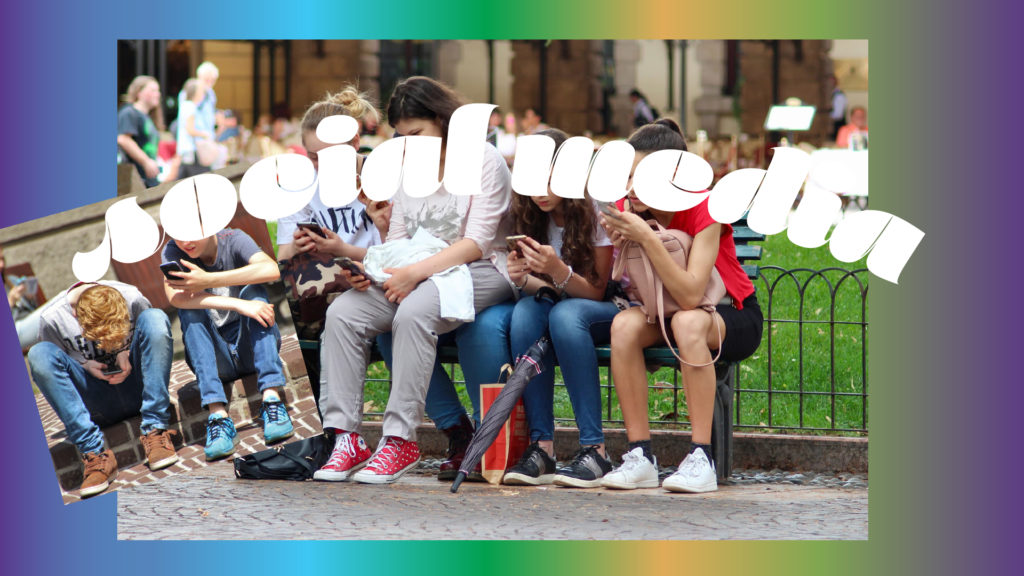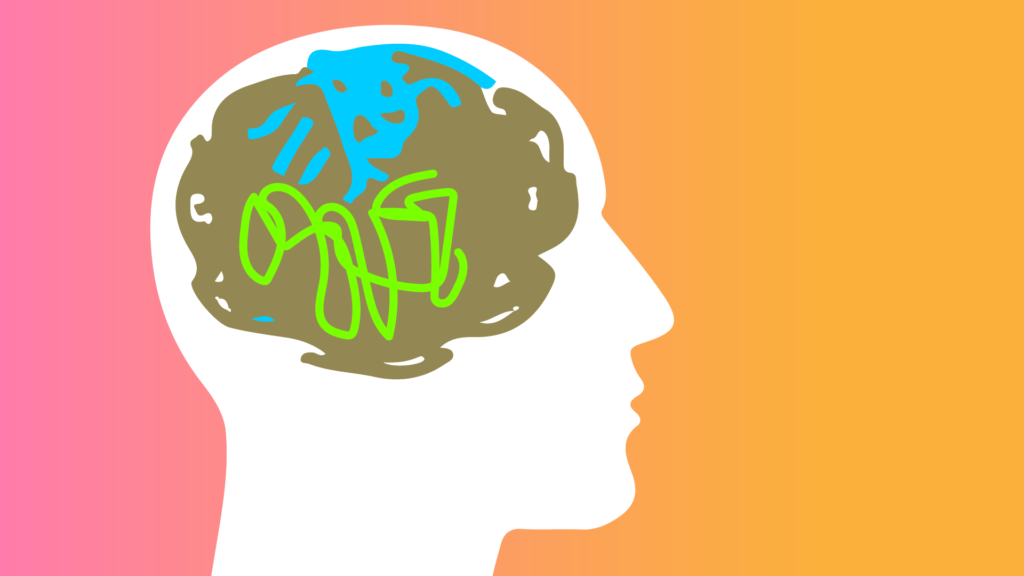Social media addiction, also known as problematic social media use or social media dependency, refers to a condition in which an individual displays compulsive and excessive behaviors related to social media platforms that negatively impact their daily life, relationships, and well-being. It is characterized by the loss of control over social media use and an increasing preoccupation with online activities to the detriment of offline responsibilities and relationships.
So, what exactly is considered social media addiction?
While there is no official diagnosis of social media addiction in the Diagnostic and Statistical Manual of Mental Disorders (DSM-5), researchers and mental health professionals recognize it as a form of behavioral addiction, similar to other addictive behaviors like gambling or gaming addiction. It is important to note that addiction criteria may vary depending on the source or professional perspective, but generally, the following factors contribute to the identification of social media addiction:
- Excessive Time Spent on Social Media: Spending an excessive amount of time on social media platforms, often to the point of neglecting other responsibilities and activities, is a key characteristic of addiction.
- Loss of Control: Being unable to control or limit social media use despite efforts to do so is a significant sign of addiction. Individuals may have a strong urge or compulsion to use social media, even when it is not appropriate or desirable.
- Neglecting Offline Life: Social media addiction can lead to neglecting real-life relationships, work or school responsibilities, self-care, and other essential aspects of daily life. Individuals may prioritize social media over face-to-face interactions or spend disproportionate amounts of time engaging with online activities.
- Negative Impact on Well-being: Addiction to social media can have detrimental effects on mental, emotional, and even physical well-being. It may contribute to symptoms of anxiety, depression, sleep disturbances, low self-esteem, social isolation, and overall dissatisfaction with life.
- Withdrawal Symptoms: Experiencing restlessness, irritability, anxiety, or mood swings when attempting to cut back or stop using social media suggests a dependency on these platforms.
- Interference with Relationships: Social media addiction can lead to strained relationships with family, friends, and significant others. Individuals may prioritize virtual connections over real-life interactions, resulting in reduced intimacy and social support.
- Escapism and Emotional Regulation: Using social media as a means to escape from reality, avoid uncomfortable emotions, or seek validation and attention is a common feature of addiction. Individuals may rely on social media as a coping mechanism and have difficulty managing stress or negative emotions without it.

Take the New Age Addiction
Social Media Quiz
You may have been curious about your social media addiction, we put together this short quiz!
It is essential to approach the concept What is Considered Social Media Addiction with nuance and consider individual circumstances. Not all frequent social media users are necessarily addicted. However, if an individual exhibits persistent and distressing patterns of behavior related to social media that significantly impact their well-being and functioning, it may be indicative of a potential addiction requiring intervention or support.



